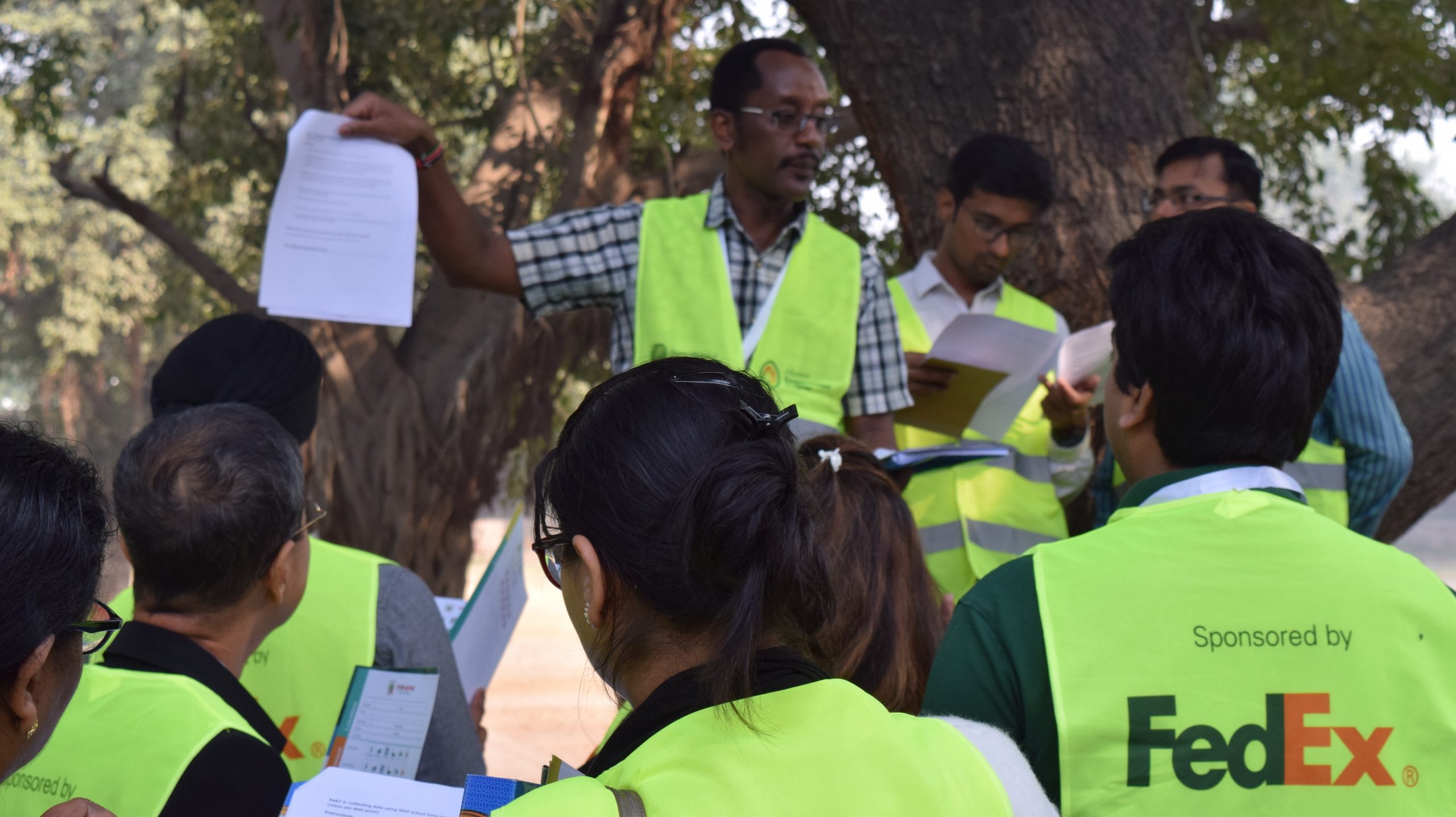
According to a recent study by Johns Hopkins University published in PLOS One, the International Road Assessment Programme (iRAP) methodology has prevented nearly 700,000 deaths and serious injuries across 74 countries since 2016. This significant achievement highlights the life-saving impact of iRAP’s road safety interventions.
The study, titled “Statistical Estimation of Fatal and Serious Injuries Saved by iRAP Protocols in 74 Countries,” estimates that 1,039 infrastructure projects utilizing iRAP tools have averted a cumulative 699,768 deaths and serious injuries from January 2016 to the end of 2024. By 2044, these road treatments are projected to prevent almost 3.2 million fatalities and serious injuries, given their average effective lifespan of 20 years.
The iRAP Star Rating Methodology provides an objective measure of road safety levels, with 1-star roads being the least safe and 5-star roads the safest. Projects that have adopted this methodology report remarkable results. For example, fatalities on the Belagavi – Yaragatti Highway in Karnataka, India, fell by 54%, while injuries dropped by 42%. In Victoria, Australia, deaths dropped by 77%, and hospital bed days decreased by 74% on key highways. Similarly, Thailand’s Highway 4028 saw zero fatalities and an 89% reduction in injuries.
iRAP’s partnerships span over 125 countries, influencing the safety of over 100 billion USD in road investments through 1.8 million kilometers of Star Ratings of roads and designs, and 1.8 million kilometers of Risk Mapping. The iRAP model stands as a testament to the power of evidence-based road safety measures, showcasing the potential to save millions of lives globally.
The Alliance is also a partner with iRAP, with both organizations collaborating on the Mobility Snapshots. Many Alliance member NGOs have also received training in Star Rating for Schools (SR4S) as part of the Alliance Advocate program, resulting in several becoming accredited iRAP assessors.
Read more HERE.